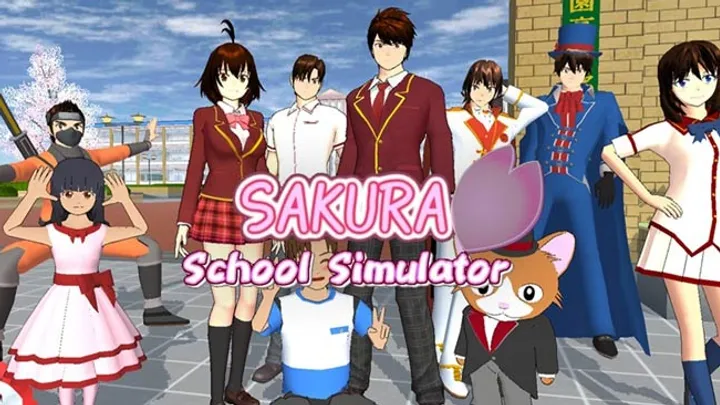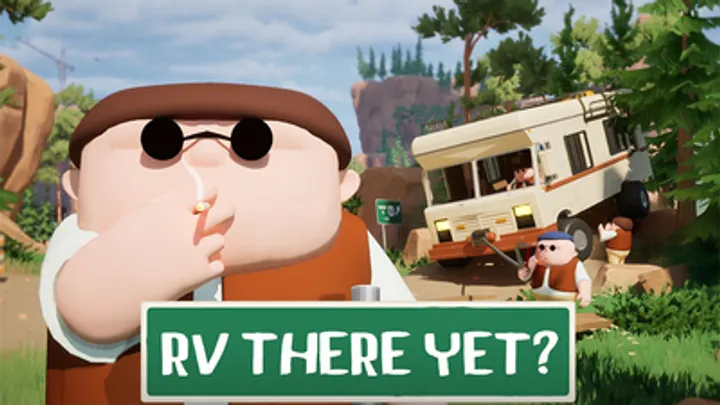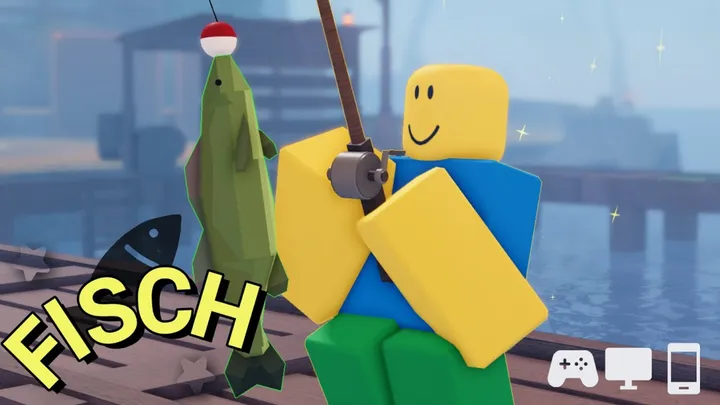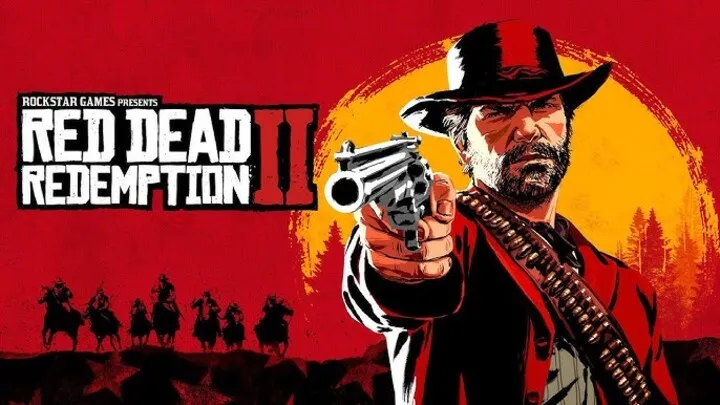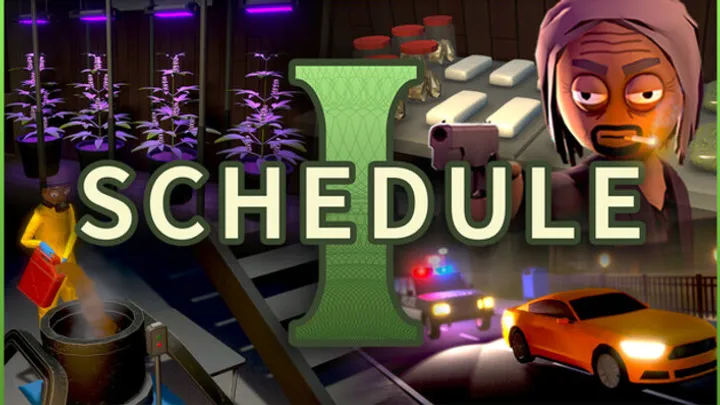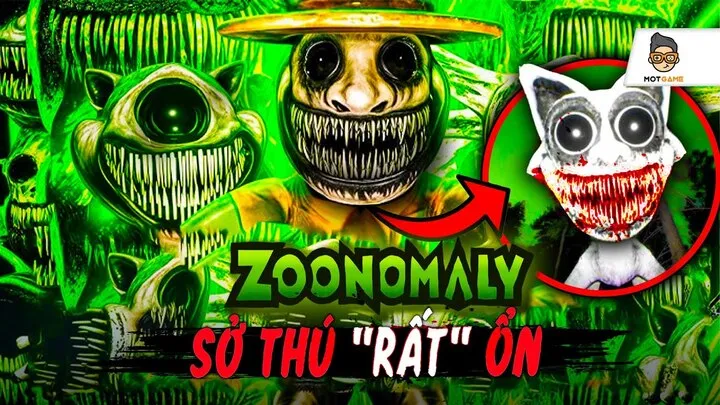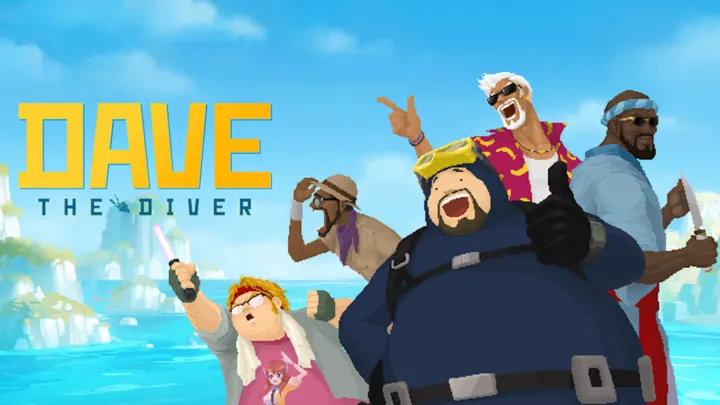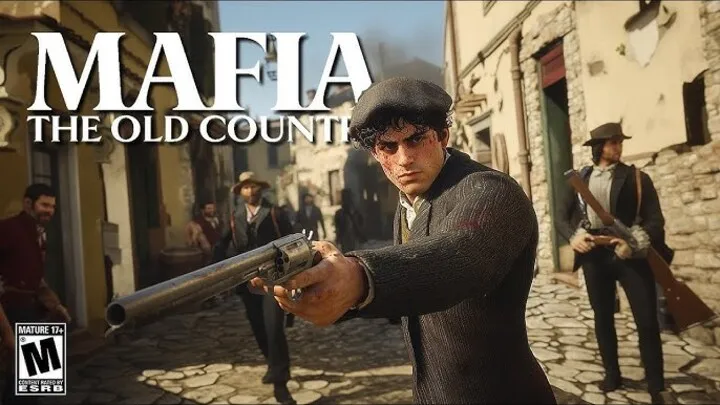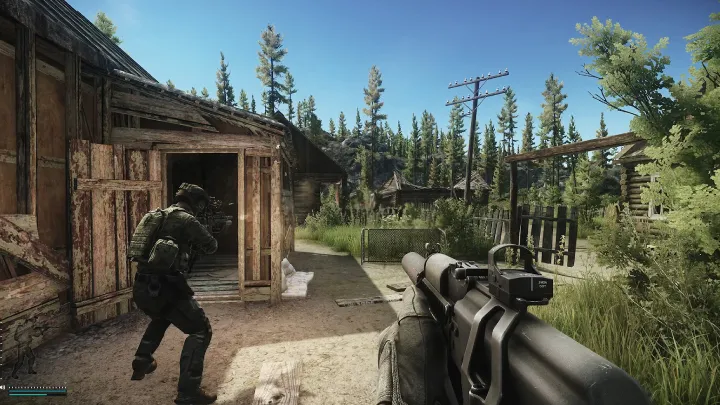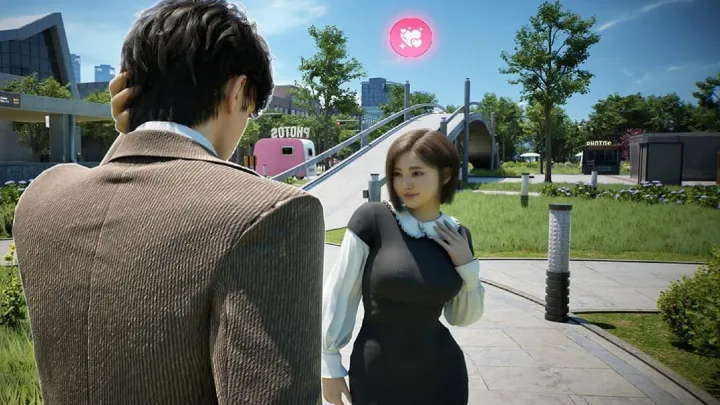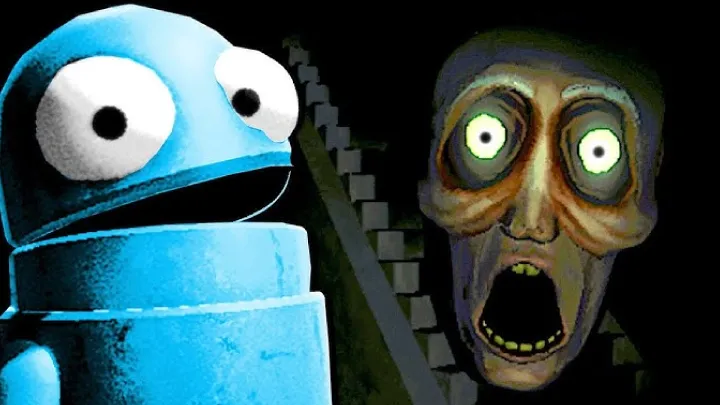Introduction
When Rockstar Games released Red Dead Redemption 2 in 2018, it wasn’t merely a prequel to a beloved franchise. It was a sprawling elegy for an entire era — a lament for the dying Wild West and the fading ideals that once defined freedom, loyalty, and survival. Through the eyes of Arthur Morgan, players witness not just the crumbling of the Van der Linde Gang, but also the inevitable collapse of a world that could no longer exist.
The fall of the gang becomes a mirror, reflecting how lawlessness, idealism, and rebellion all disintegrate under the pressure of modernization and moral decay. This is not just a story about betrayal or greed — it’s about the death of an idea.
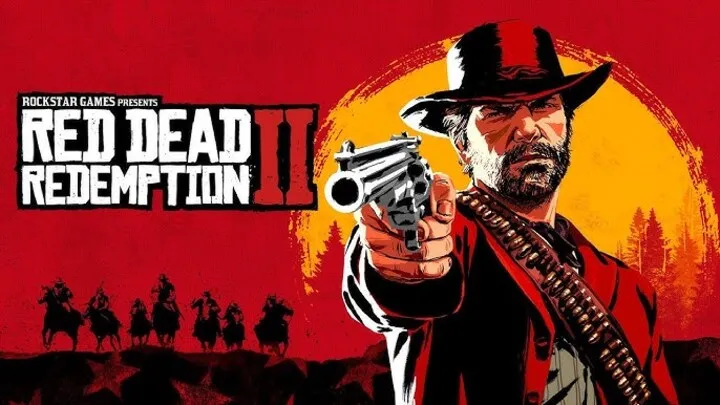
1. The Ideals of the Van der Linde Gang
At its inception, the Van der Linde Gang is driven by a utopian vision. Dutch Van der Linde preaches freedom from government oppression, the rejection of capitalism, and the pursuit of a purer, simpler life in harmony with nature.
The Dream of Freedom
For Arthur, John, and the others, Dutch’s ideology is magnetic. It promises belonging, purpose, and rebellion against a world that has cast them aside. In a time when industrialization is reshaping America, the gang’s outlaw lifestyle feels like the last gasp of true freedom.
The Seeds of Corruption
But beneath Dutch’s eloquence lies self-deception. His vision, once idealistic, slowly twists into narcissism. His words — “We just need one more score” — echo like a prayer of denial. The gang’s fall begins not with bullets, but with blind faith.
2. Arthur Morgan: The Tragic Lens
Arthur is the heart of Red Dead Redemption 2. Through him, players see both the humanity and hypocrisy of the gang.
A Man Between Worlds
Arthur is torn between loyalty and morality. He wants to believe in Dutch, but each mission forces him to confront the widening gap between the gang’s ideals and their actions. His journey is not about escaping the law — it’s about finding his own code of honor before it’s too late.
Redemption Through Awareness
Arthur’s illness (tuberculosis) acts as both a literal and symbolic awakening. As his body deteriorates, his clarity sharpens. He begins to see Dutch’s dream for what it truly is — an illusion collapsing under its own weight.
3. Dutch Van der Linde: From Visionary to Villain
No figure in the game embodies the tragedy of the Old West’s demise more than Dutch himself.
Charisma and Control
Dutch is a master manipulator, able to weave philosophy into every decision. His leadership transforms a ragtag group of outlaws into a family. But as the law closes in, paranoia and pride consume him.
The Loss of Purpose
The moment Dutch begins valuing his ego over his people marks the gang’s death sentence. Each betrayal — whether of Arthur, John, or Hosea — symbolizes the moral collapse of the Western frontier itself. The outlaw ideal dies not by force, but by disillusionment.
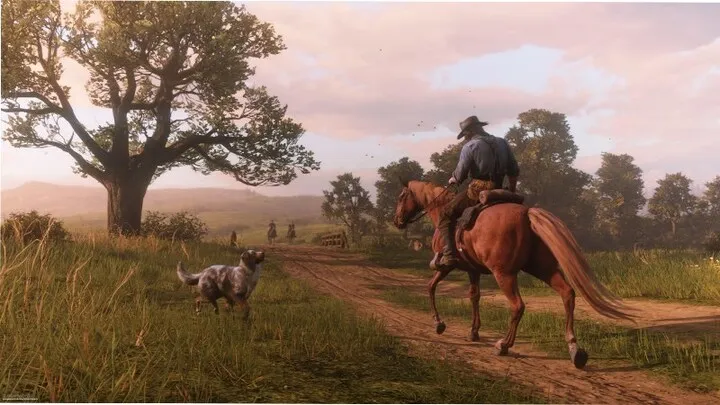
4. The Symbolism of Civilization
Throughout the game, civilization is portrayed not as progress but as intrusion.
The Expansion of the East
Railroads, telegraphs, and cities spread like veins of control across the continent. The gang’s hideouts move further into the wilderness as civilization chases them down. Their shrinking world mirrors the closing of America’s wild frontier.
The Price of Progress
Industrialization brings order, but also exploitation. Factories replace fields; laws replace trust. The freedom Dutch worships becomes a myth. The more America grows, the less room there is for men like him.
5. The Role of Betrayal
Betrayal is not just a narrative device — it is the natural outcome of a decaying belief system.
Internal Cracks
Micah’s deception, Dutch’s pride, and Arthur’s growing doubt all represent fractures within the gang’s soul. Once unity turns to suspicion, collapse is inevitable.
Hosea and the Lost Compass
Hosea Matthews serves as Dutch’s conscience. When Hosea dies, Dutch loses his moral anchor. His death is not only the end of a man but of reason itself within the gang.
6. Women of the Gang: The Unsung Voices
The women in Red Dead Redemption 2 often serve as mirrors to the men’s delusions.
Sadie Adler: The Rise of the Modern Woman
Sadie begins as a grieving widow and becomes one of the game’s fiercest fighters. Her transformation symbolizes resilience and adaptation — traits the gang itself lacks.
Abigail and Mary: Realists in a Dreamer’s World
Abigail and Mary Linton embody practicality. They represent the future — people who understand that survival requires letting go of old ways. Their disillusionment contrasts sharply with Dutch’s stubborn nostalgia.
7. The Collapse: From Idealism to Chaos
Guarma – The Breaking Point
The disastrous Guarma chapter highlights Dutch’s descent into madness. Away from home, his leadership implodes. Every choice becomes reckless, every plan self-serving. The gang that once stood for freedom now clings to survival.
The Spiral of Violence
Returning from Guarma, the gang finds itself hunted, divided, and desperate. The ideal of “one last heist” becomes a cruel joke. The violence that once felt justified now feels hollow — a symptom of denial.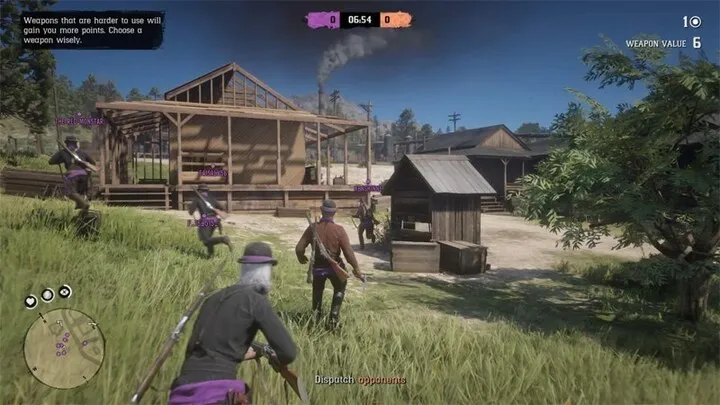
8. The Death of the Outlaw
Arthur’s Last Ride
Arthur’s final moments are the emotional core of the game. Whether he dies peacefully under the sunrise or fighting Micah, his journey ends with acceptance. The outlaw dies, but the man finds peace.
The Passing of an Era
Arthur’s death is not just personal — it’s symbolic. It marks the extinction of the outlaw archetype. What follows is civilization, with all its order and emptiness.
9. John Marston: The Bridge to the Future
John’s epilogue is a haunting reflection on legacy and survival.
Building a New Life
John attempts to leave his past behind, building a ranch and family. Yet the land he tames still carries blood and memory. Redemption, it seems, comes with a cost.
Foreshadowing Tragedy
For players who know Red Dead Redemption (2010), John’s story feels cyclical. The same system that destroyed Dutch’s gang will eventually consume him too. The West doesn’t forgive; it simply evolves.
10. The Death of the Wild West
The Frontier Closes
By the game’s end, railroads, newspapers, and bureaucracy define America. The Wild West — chaotic, romantic, untamed — is gone.
A Nation Reborn, But Soulless
The new world offers stability but lacks spirit. The Van der Linde Gang’s fall mirrors the transformation of an entire culture: from freedom to conformity, from legend to law.
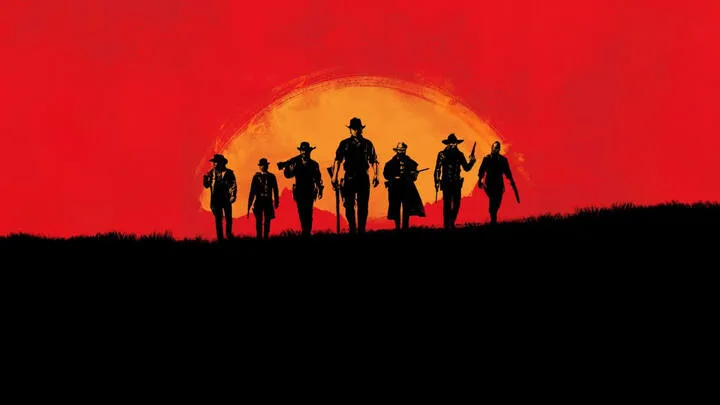
Conclusion
The fall of the Van der Linde Gang is more than a tale of crime and consequence — it’s the requiem of a dying age. Dutch’s dream, Arthur’s redemption, and John’s survival all converge into one truth: nothing wild can last forever. The American frontier, once boundless and free, has become fenced and measured. Red Dead Redemption 2 captures this transition with haunting beauty — not through triumph, but through loss.
The gang’s disintegration is the symbolic funeral of the Wild West. In its ashes, a new America rises — efficient, industrial, and civilized — yet forever haunted by the ghosts of men who once dared to be free.
